These 15 Factors Are Linked to Early Dementia Risk, a Major Study Found
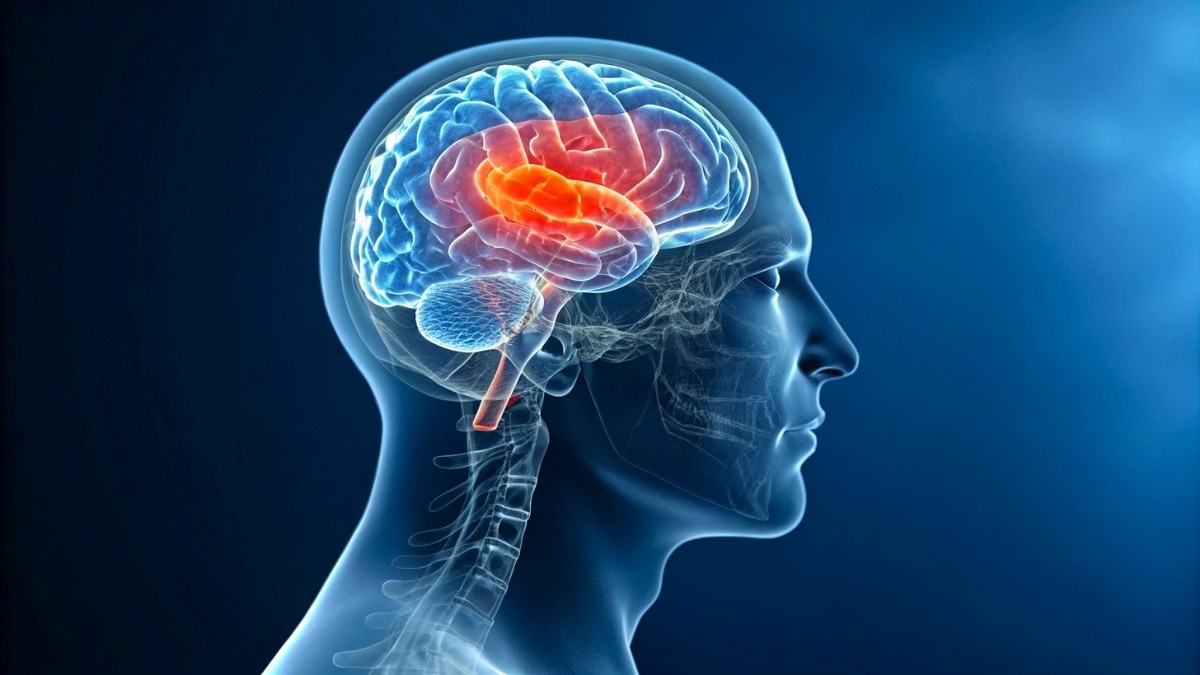
While most people associate dementia with aging, hundreds of thousands are diagnosed with young-onset dementia each year—affecting people still working, raising children, and living active lives.
You’re scared. Maybe it runs in your family. Maybe you forget things more often now. You don’t know what actually prevents cognitive decline or if you can do anything at all.
Here’s the truth: You’re not helpless.
A landmark study of 356,052 people identified 15 early dementia risk factors. Most of them are modifiable risk factors—things you can actually change. The research shows that addressing these factors could prevent nearly half of all dementia cases.
This article breaks down each risk factor. You’ll learn which lifestyle changes matter most and which ones are just noise. Some fixes are simple. Others take work. But all of them are backed by science, not guesswork.

Let’s start with what young-onset dementia really means and why this research changes everything.
Understanding Young-Onset Dementia vs. Late-Onset
Most people think dementia only happens to the elderly. That’s wrong.
Young-onset dementia strikes before age 65. It affects about 5% of all Alzheimer’s patients. Each year, 370,000 people worldwide get this diagnosis while they’re still working.
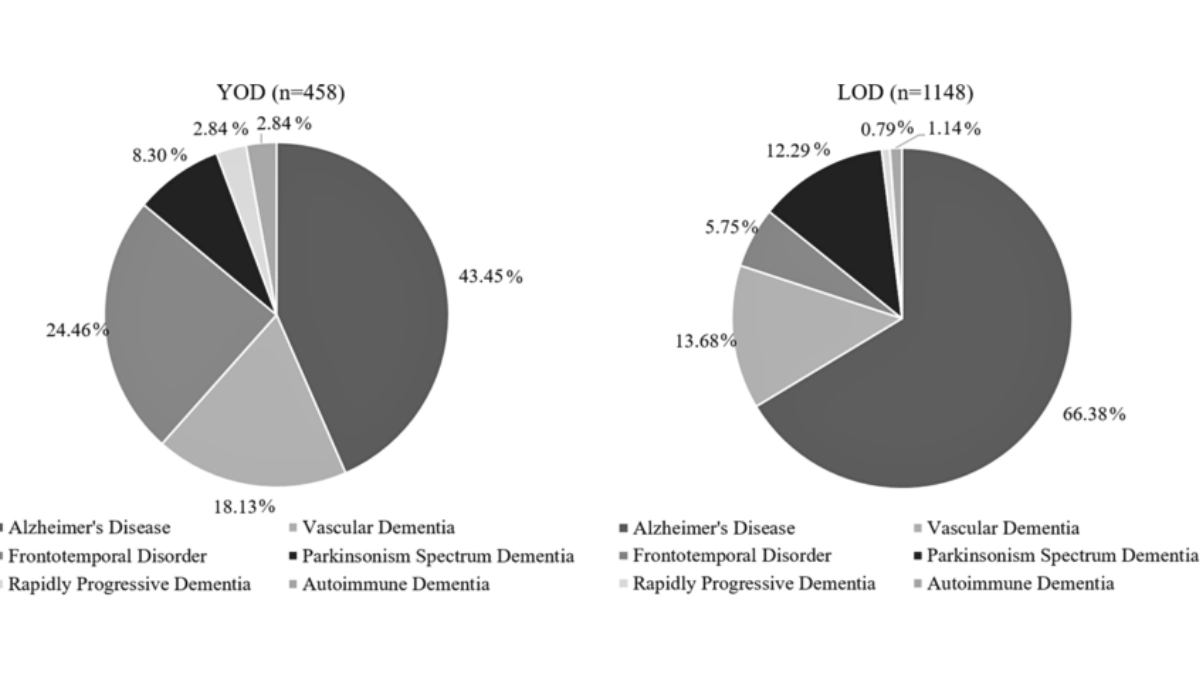
Here’s what makes early dementia different: You’re not retired. You have a mortgage, kids in school, and a career. Dr. Stevie Hendriks, a researcher who studied this disease, explains it best: “Young-onset dementia has a very serious impact, because the people affected usually still have a job, children, and a busy life.”
The good news? Many risk factors are the same for both types. That means dementia prevention strategies work whether you’re 45 or 75.
The bad news? Doctors used to think genetics caused most early dementia cases. This made people feel helpless. But the new research changes everything. It shows you can actually lower your risk through lifestyle changes.
The 15 Risk Factors for Early Dementia (Evidence-Based List)

The study found 15 factors that raise your risk. They fall into four groups: money and education, lifestyle choices, physical health problems, and mental health. Some you can change today. Others take more time. But all of them matter.
Socioeconomic Factors
1. Lower formal education

People with less education face higher dementia risk. Why? School builds your “cognitive reserve”—think of it as a buffer that protects your brain. The good news: Learning doesn’t stop after graduation.
What to do: Take a class at your local library. Learn a language on a free app. Pick up a new hobby that makes you think. Your brain stays sharper when you keep challenging it.
2. Lower socioeconomic status

Being poor is bad for your brain. It limits access to good food, healthcare, and safe places to exercise. High stress from money problems doesn’t help either.
What to do: Use free health clinics when you can. Apply for assistance programs. Push for better healthcare access in your community. Small steps still count.
Lifestyle and Social Factors
3. Alcohol use (the tricky middle ground)

Here’s the weird part: Both drinking too much AND drinking nothing at all increase your risk. Scientists call this a “U-shaped curve.”
Complete abstinence shows higher dementia rates. So does heavy drinking. Moderate use sits in the safer middle zone.
What to do: If you already drink, keep it moderate. That means one drink per day for women, two for men. If you don’t drink, don’t start just for brain health. Talk to your doctor about what’s right for you.
4. Social isolation

This one surprised researchers. Loneliness is a newly discovered risk factor for early dementia. When you’re isolated, your brain gets less stimulation. You’re also more likely to get depressed, which compounds the problem.
People with strong social ties have better cognitive function as they age. Regular interaction keeps your mind active and sharp.
What to do: Put social time on your calendar like a doctor’s appointment. Join a book club. Volunteer at a food bank. Call a friend once a week. Even small connections matter. Your brain needs people like your body needs food.
Physical Health Factors
5. Vitamin D deficiency
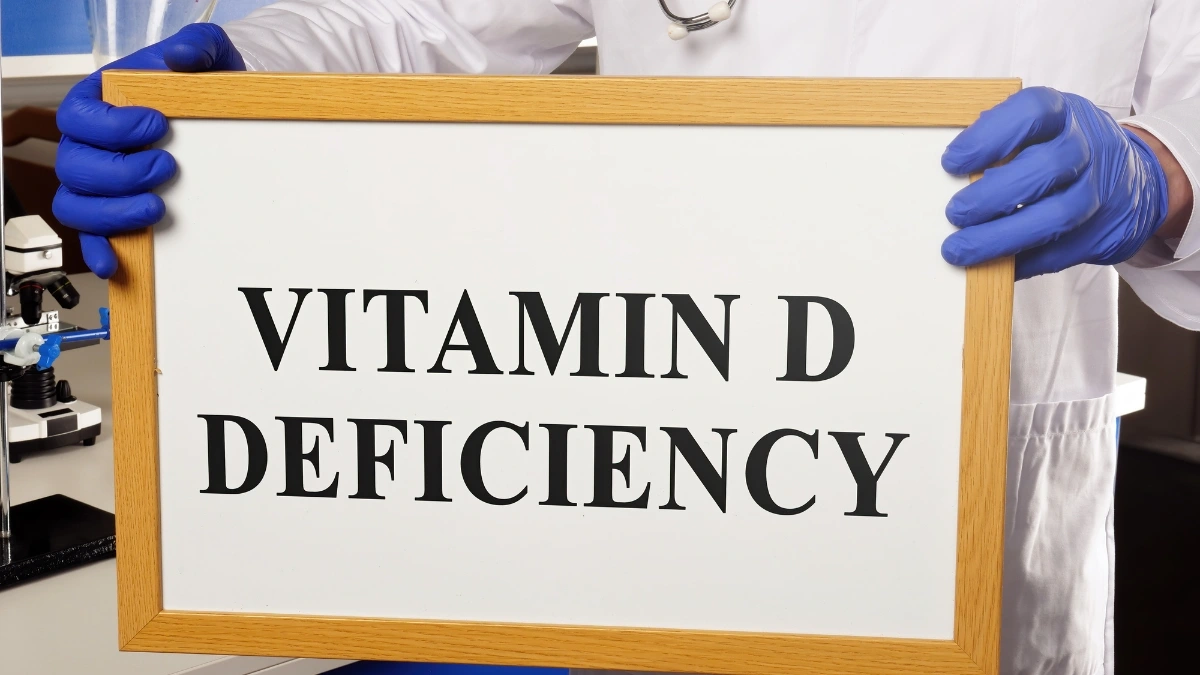
Low vitamin D is bad news for your brain. Levels below 50 nmol/L increase dementia risk. Severe deficiency (under 25 nmol/L) raises your risk by 125%. That’s more than double.
Most people don’t get enough sun in winter. Your body makes vitamin D from sunlight, but only when UV rays hit your skin directly.
What to do: Get 15-30 minutes of sun exposure daily without sunscreen (then put it on). Ask your doctor for a vitamin D blood test. If you’re low, take 600 IU daily. It’s cheap and easy to find at any drugstore.
6. High C-reactive protein (inflammation in your body)
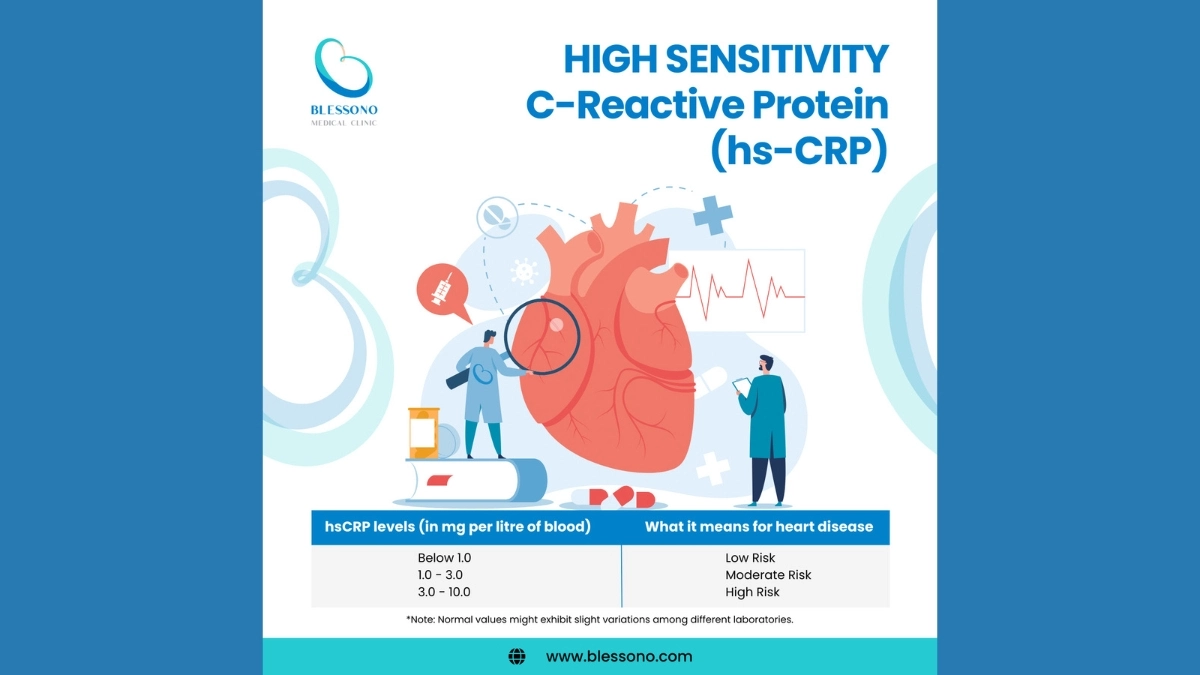
This marker shows chronic inflammation. It’s especially risky for women. When your body stays inflamed, it damages your brain over time.
What to do: Eat more fish, vegetables, and olive oil. Exercise regularly—even walking counts. Get 7-8 hours of sleep. Manage stress through deep breathing or meditation. These steps lower inflammation naturally.
7. Lower handgrip strength

Weak grip means weak body. It’s a sign of frailty and poor overall health. Both predict higher dementia risk.
What to do: Lift weights 2-3 times per week. Do push-ups, use resistance bands, or try bodyweight exercises. Even light strength training helps. You don’t need a gym—canned goods work as dumbbells.
8. Hearing impairment (the most fixable risk)

This is huge. Hearing loss significantly raises dementia risk. But here’s the good news: Hearing aids cut cognitive decline by nearly 50% in high-risk adults.
The WHO predicts 700 million people will have disabling hearing loss by 2050. Yet only 29% of Medicare users with hearing problems actually wear hearing aids.
Why does hearing matter so much? When you can’t hear well, you withdraw from conversations. Your brain gets less stimulation. You become isolated. It’s a downward spiral.
What to do: Get your hearing checked every year after age 50. If you need hearing aids, wear them consistently. Yes, they’re expensive and annoying at first. But your brain is worth it. Many insurance plans now cover them.
9. Orthostatic hypotension (dizzy when you stand up)
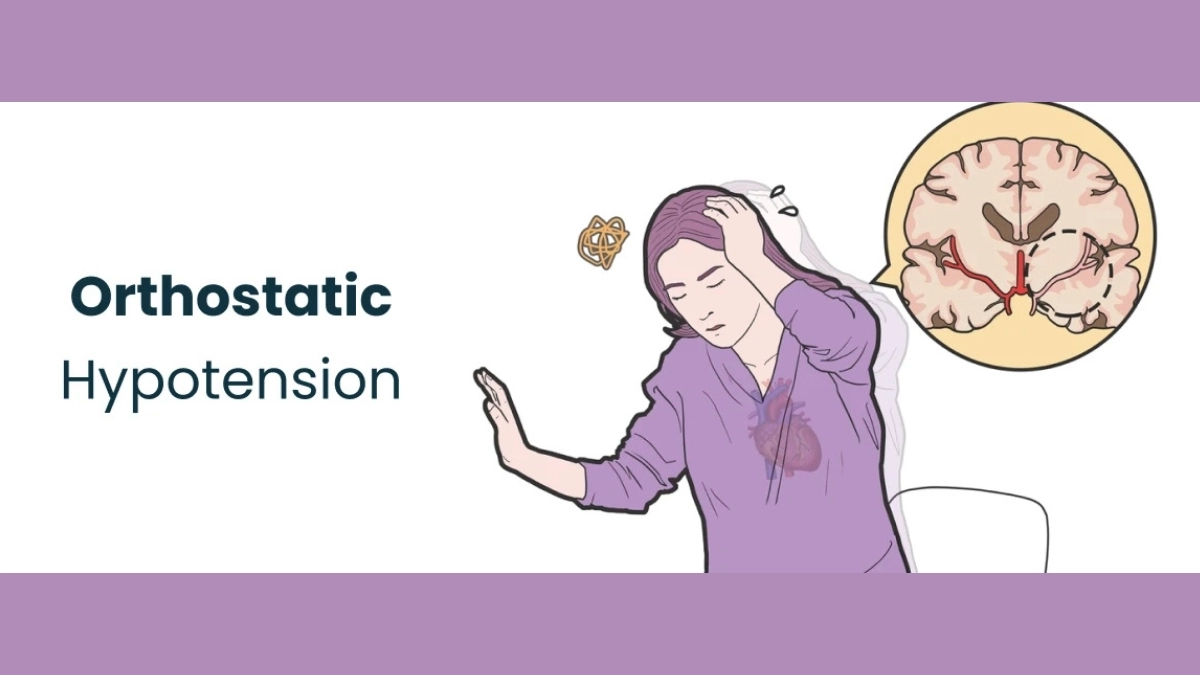
This is when your blood pressure drops suddenly as you stand. You might feel dizzy or lightheaded. It’s a newly identified risk factor because it reduces blood flow to your brain.
What to do: Drink more water throughout the day. Stand up slowly—count to three before you start walking. If you take blood pressure medication, talk to your doctor. Some medicines cause this problem and can be adjusted.
Cardiovascular and Metabolic Health
10. Stroke
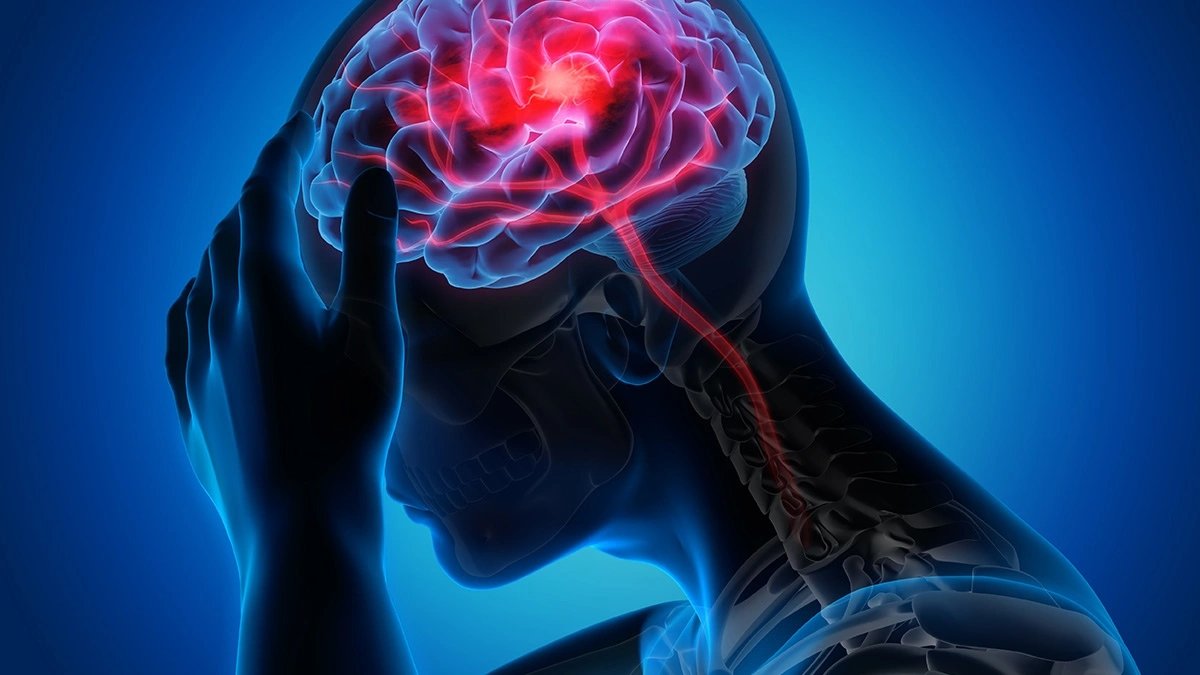
A stroke kills brain cells. It’s one of the strongest risk factors for dementia. Even small strokes you don’t notice can damage your brain over time.
Your cardiovascular health and brain health are connected. What hurts your heart hurts your head.
What to do: Keep your blood pressure under control. Quit smoking—it doubles your stroke risk. Get your cholesterol checked yearly. Stay active with daily walks. These steps protect both your heart and brain.
11. Diabetes
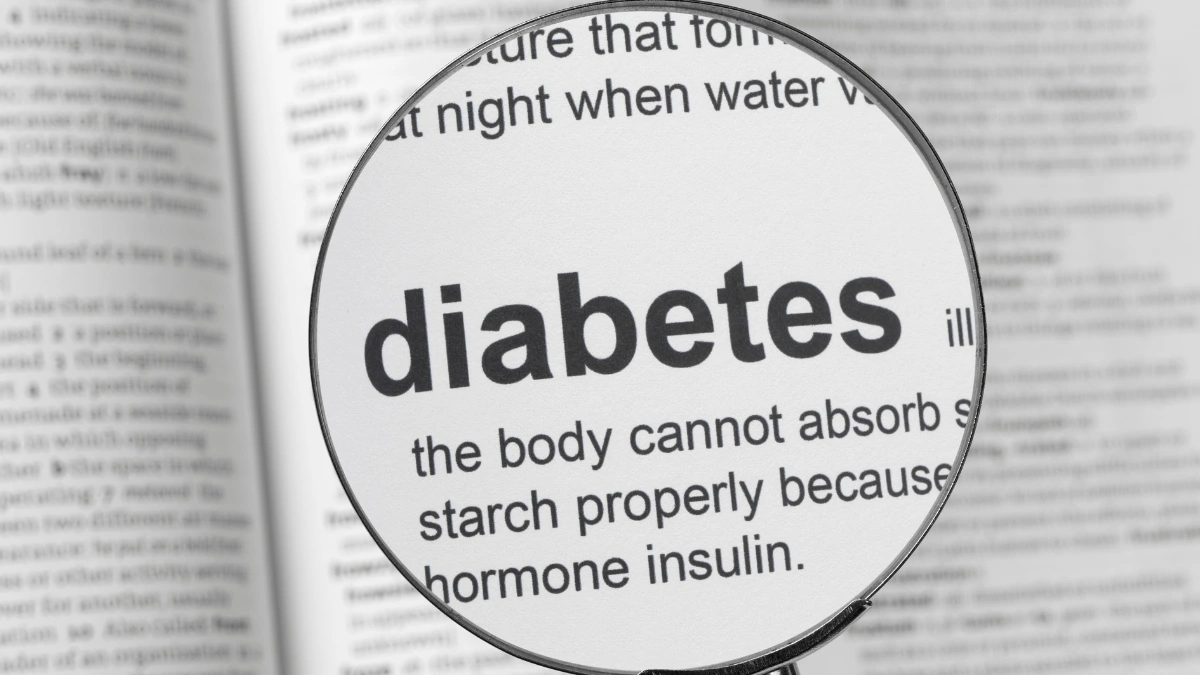
High blood sugar is toxic to your brain. It damages blood vessels and nerves over time. Men with diabetes face especially high dementia risk.
Type 2 diabetes is largely preventable. That’s important because it affects millions of people.
What to do: Maintain a healthy weight. Exercise at least 30 minutes most days. Check your blood sugar if you’re over 45. Follow a Mediterranean diet—lots of vegetables, fish, olive oil, and whole grains. Skip the soda and processed foods.
12. Heart disease

Your brain needs constant blood flow to work properly. Heart disease reduces that flow. Every heartbeat delivers oxygen and nutrients to your brain cells.
When your heart struggles, your brain suffers.
What to do: Get 150 minutes of physical activity each week. That’s just 30 minutes, five days a week. Walk, swim, bike—pick something you’ll actually do. Eat more vegetables and less red meat. Manage your blood pressure and cholesterol. See your doctor for regular checkups.
Mental Health Factors
13. Depression

Depression damages your brain. It’s a significant dementia risk factor at any age, not just for older adults.
Here’s how it works: Depression increases stress hormones that harm brain cells. It decreases proteins that protect your brain. It can even shrink your hippocampus—the memory center of your brain.
The good news? Treating depression lowers your dementia risk. People who got treatment through therapy, medication, or both had lower rates of cognitive decline than those who went untreated.
What to do: Don’t tough it out alone. See a therapist or talk to your doctor. Medication helps many people—it’s not a weakness to take it. Stay socially connected, even when you don’t feel like it. Exercise regularly—it works as well as some antidepressants for mild depression.
Genetic Factors (Non-Modifiable but Important to Know)
14. Carrying two APOE ε4 alleles

Some people inherit genes that raise dementia risk. The APOE ε4 gene is the biggest genetic risk factor for Alzheimer’s disease.
If you have two copies of this gene (one from each parent), your risk goes up significantly. The APOE ε4 protein doesn’t clear amyloid plaques from your brain efficiently. These plaques build up and damage brain cells.
You can’t change your genes. But knowing your genetic risk helps you focus on what you CAN control.
What this means for you: If Alzheimer’s runs in your family, take the other 13 risk factors seriously. Your lifestyle choices matter even more when you have genetic risk. Think of it like this: Genes load the gun, but lifestyle pulls the trigger.
15. The good news about genetics

The study also found protective factors. Some things lower your risk, regardless of your genes. Moderate alcohol use (not too much, not zero) showed protective effects.
Here’s what matters most: Modifiable factors still make a huge difference, even if you have bad genes. You’re not powerless.
Final thoughts,
The largest study of its kind found 15 evidence-based risk factors for early dementia. Nearly half of all cases are preventable.
Focus on what you can control: hearing health, vitamin D, social connections, cardiovascular health, and mental health. Start small. Pick two changes this month.

Here’s what to do now: Schedule a health assessment. Ask your doctor about hearing tests, vitamin D levels, and your heart health. Add one social activity to your calendar this week—even a phone call counts.
Your early dementia risk factors aren’t set in stone. Taking action today protects your cognitive health for decades to come.






